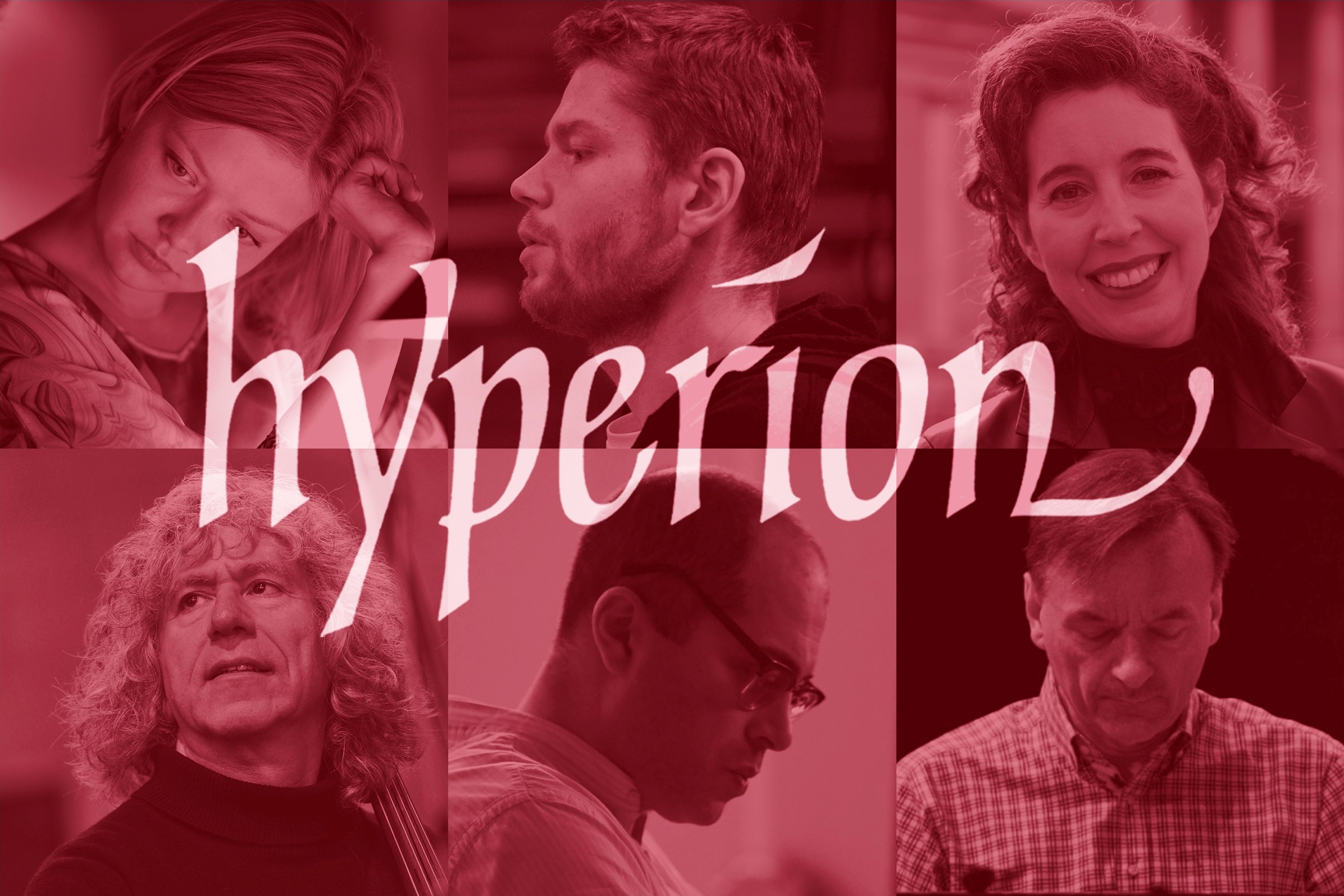Category: News
-

BBC Proms 2024 programme announced
Composer spotlights, core repertoire, crowd-pleasing classics, and eyebrow-raising pop crossovers, underline a strategy focused on greater audience reach that overly stretches the Proms tagline about it being the greatest classical music festival in the world.
-
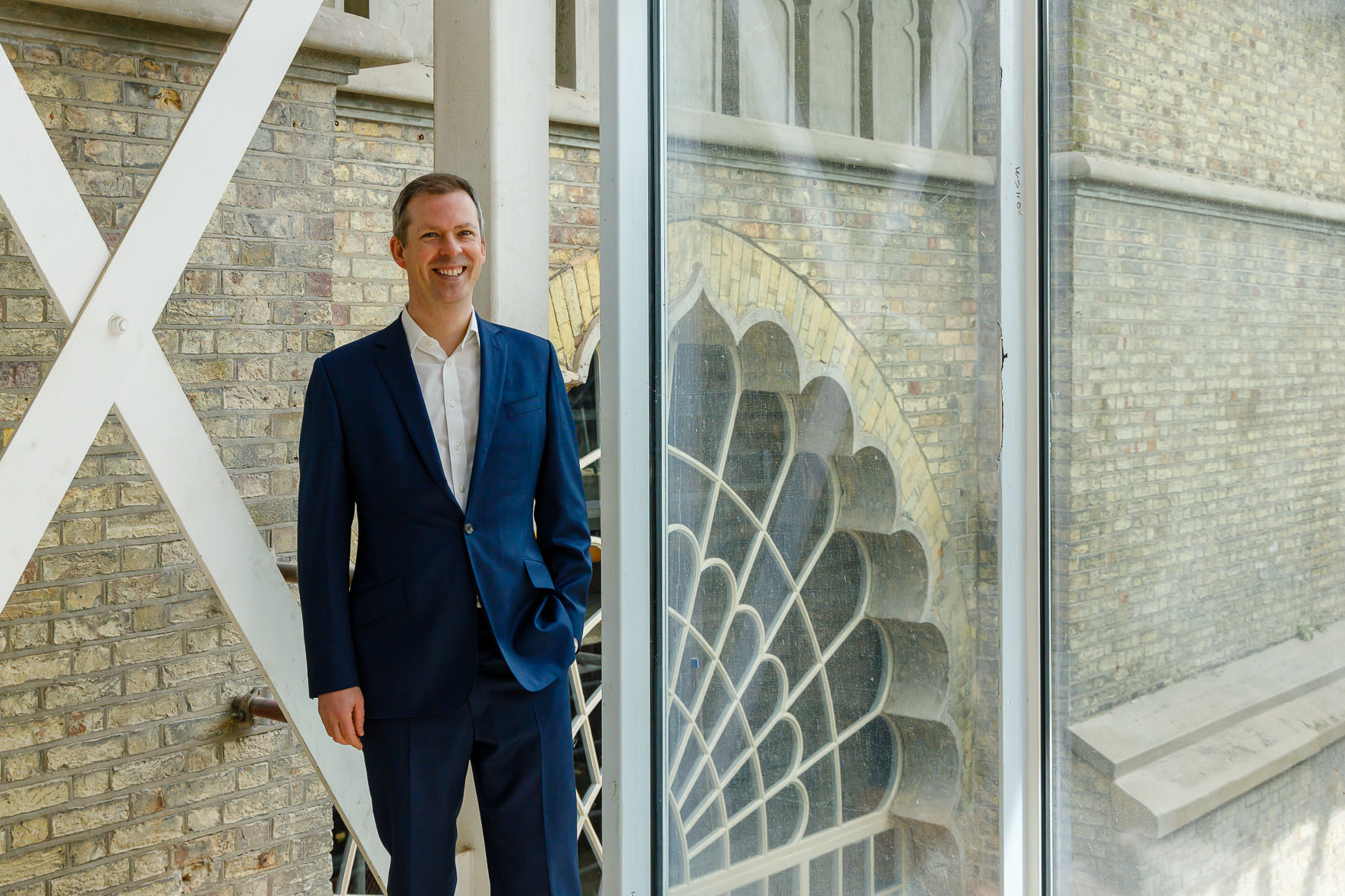
Andrew Comben announced as new Britten Pears Arts Chief Exec
Andrew Comden takes up the role vacated by Roger Wright in September 2024
-
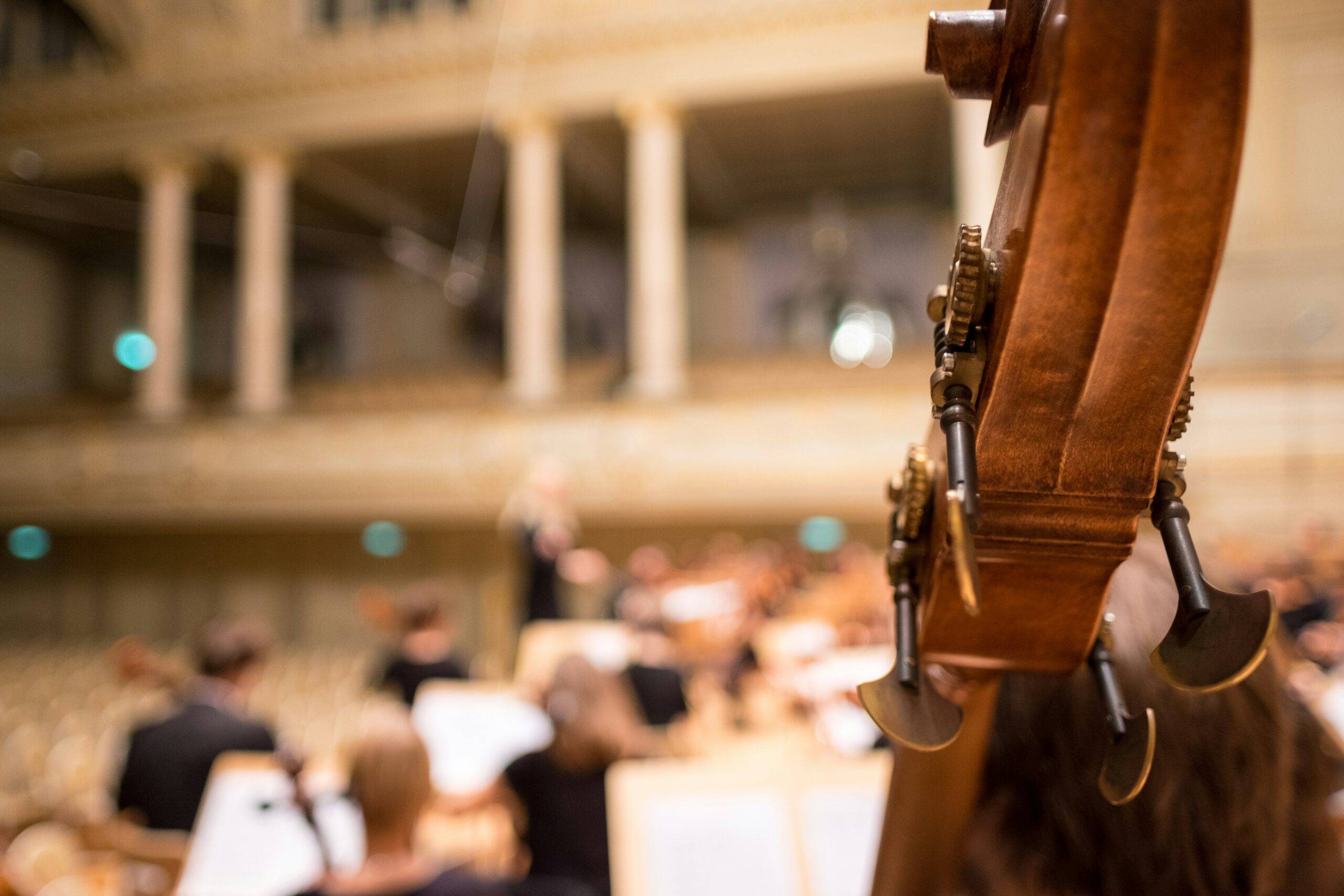
Europe’s bold strategy to shore up UK’s classical music sector revealed
A leaked EBU white paper reveals plans to create a “super-league” of orchestras, empowering audiences to programme, and reintroducing live orchestras to Eurovision.
-
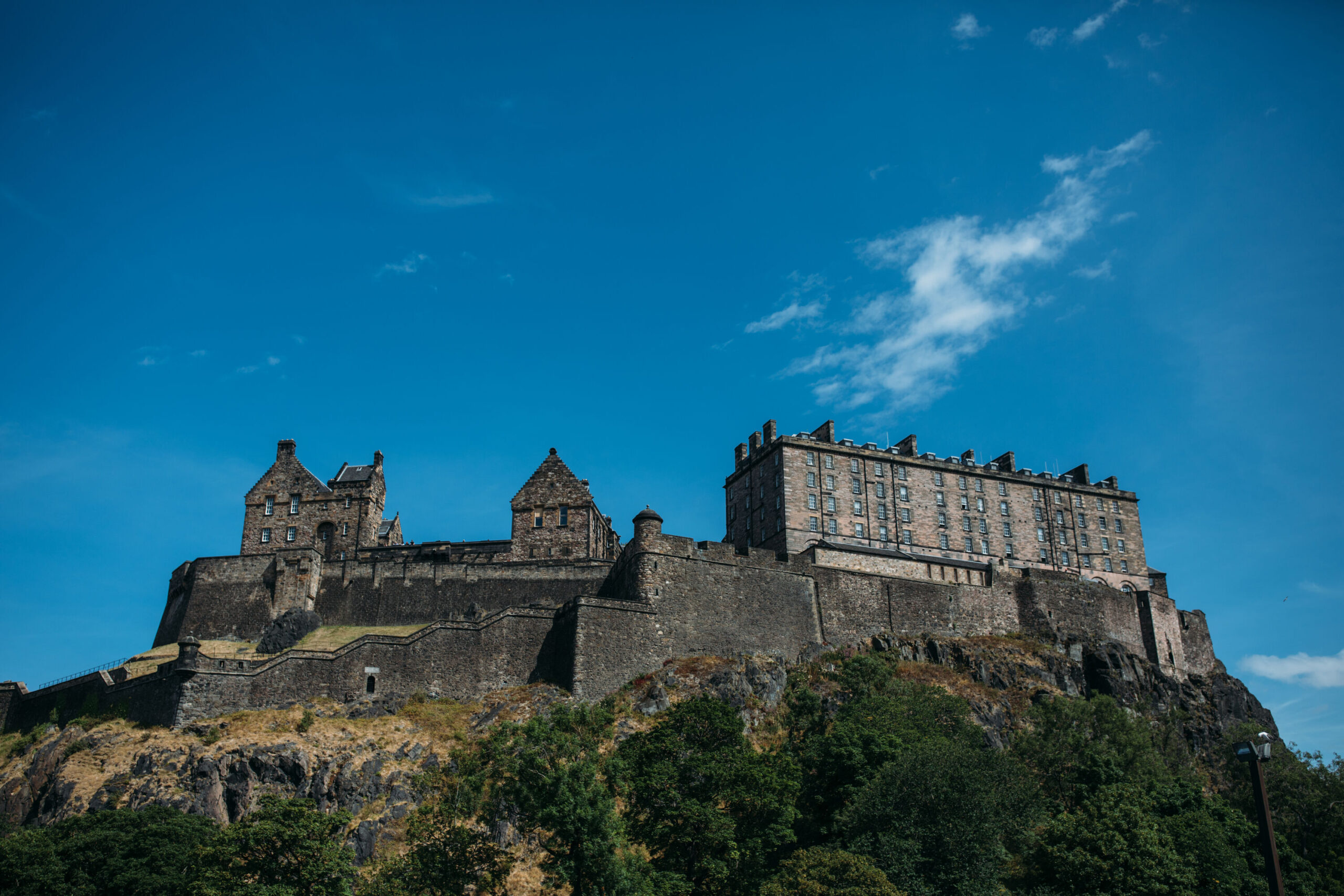
Edinburgh International Festival 2024 – a ritual that unites us
The 2024 Edinburgh International Festival, running from August 5 to 25, emphasizes audience engagement and affordability, featuring diverse music, theater, and dance, despite the high costs of local accommodations.
-

BBC Radio 3’s new schedule plus new classical music programmes for TV
New presenters, specialist content moved later in the day, and a return for former Radio 2’s Friday Night Is Music Night
-
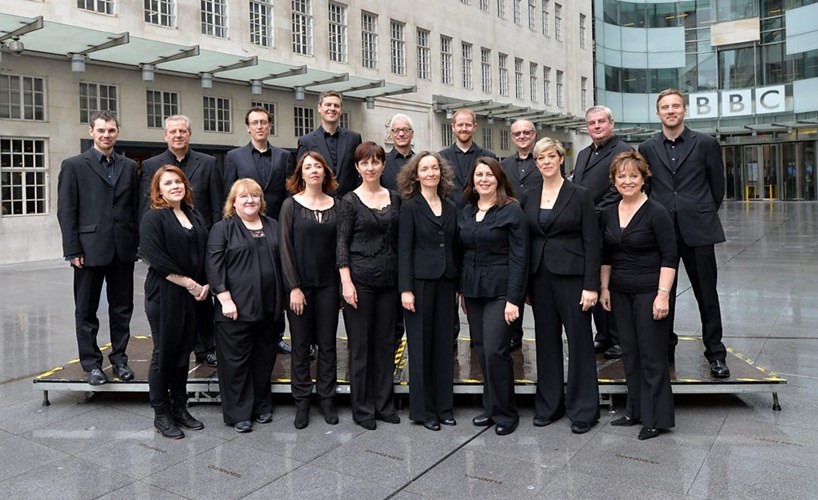
BBC Singers saved with a VOCES8 Foundation partnership
The BBC has announced that the BBC Singers will continue in its present form, its education and community engagement work now ‘supported’ by the VOCES8 Foundation. That a solution has been arrived at that retains talent, and sets up the ensemble for the future is fantastic for classical music in the UK, spurring on campaigners,…
-
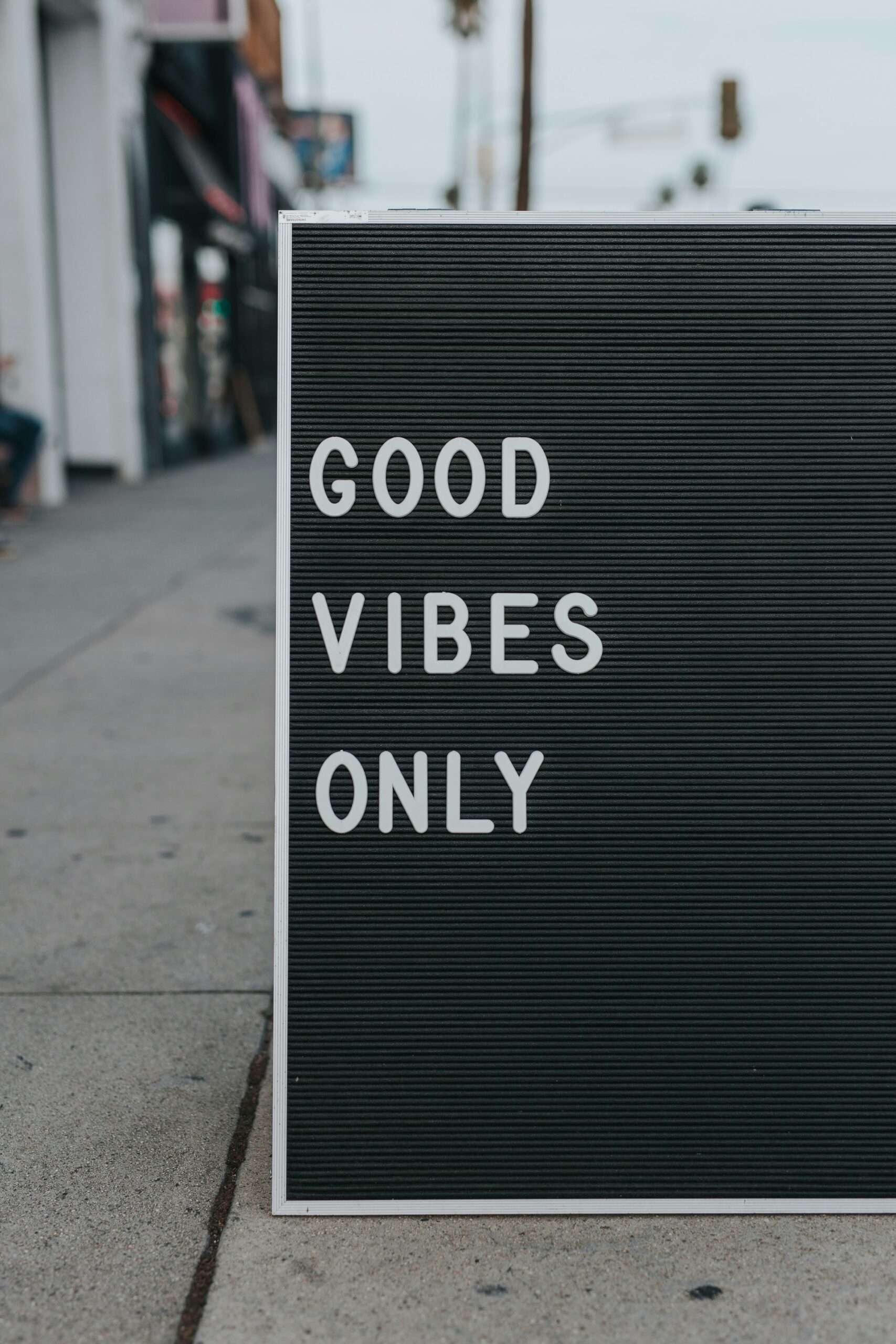
New digital add-on station for BBC Radio 3 dedicated to moods and textures
Radio 3’s new station will offer music for those in search of moods and textures, who want to ‘de-stress’ and ‘escape’.
-
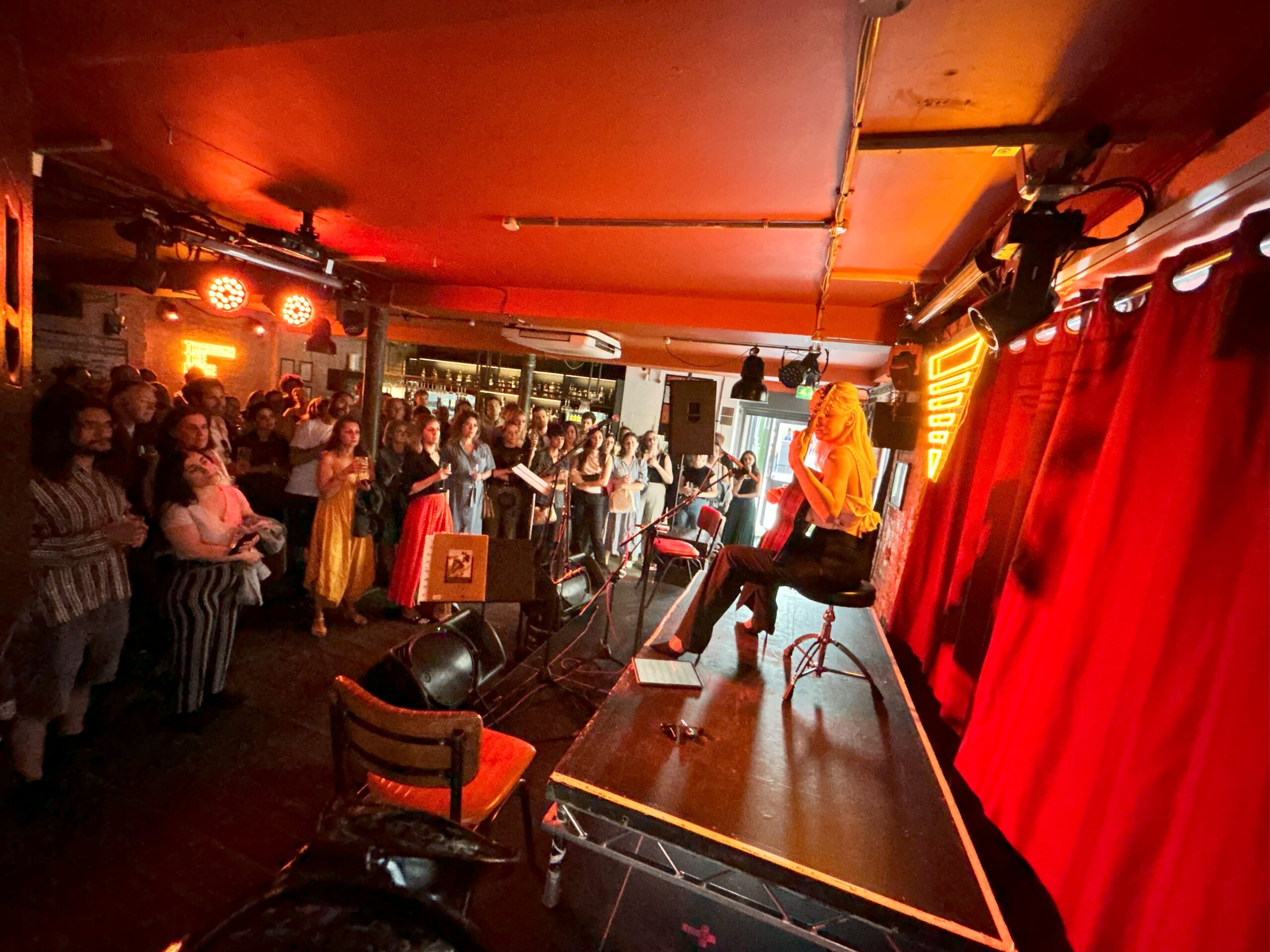
Through the Noise announces their new season of concerts for 23/24
Taking music to different places. TTN’s new season branches out across the UK.
-
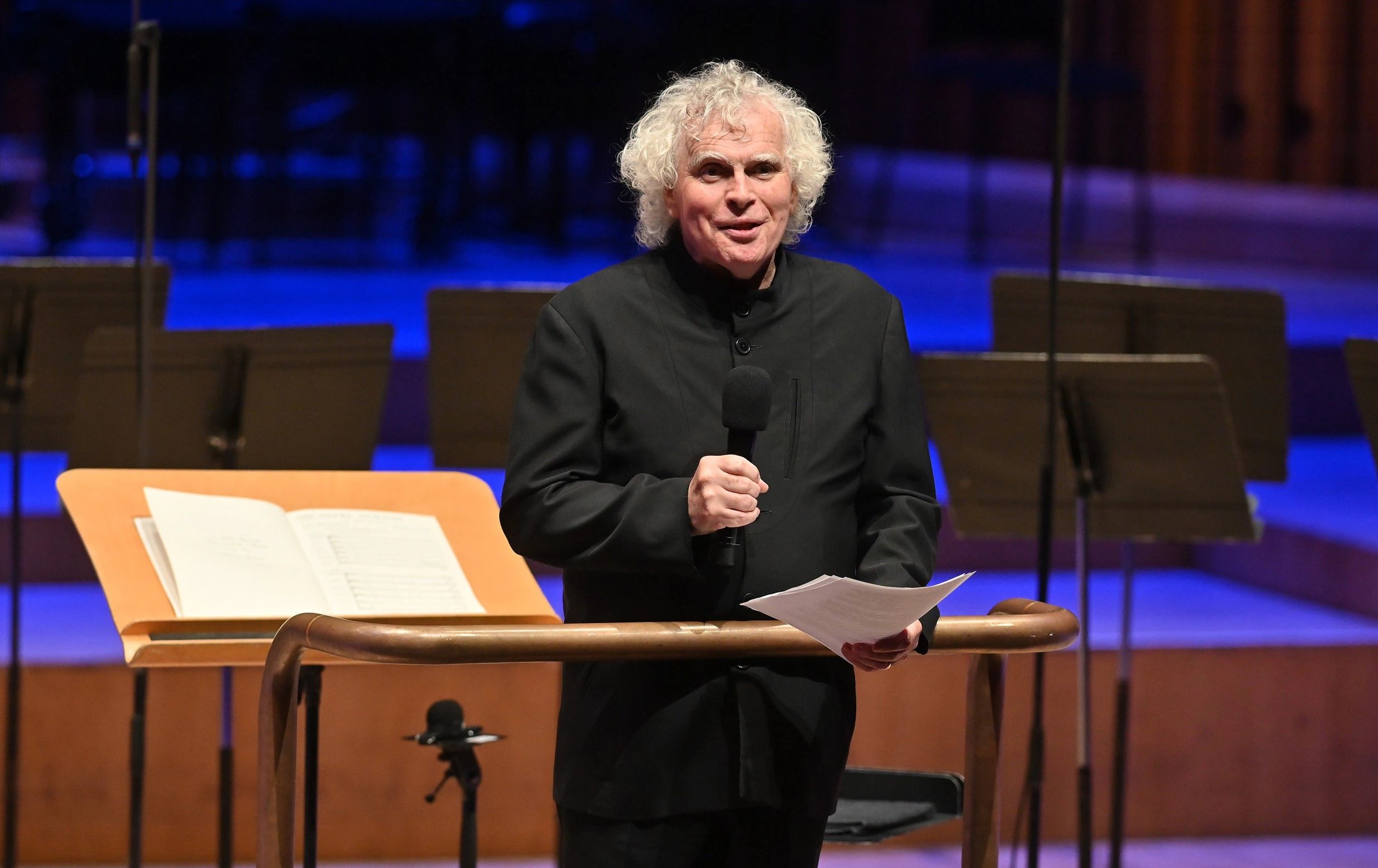
Sir Simon Rattle speech at Barbican on UK classical music’s present crisis
Sir Simon Rattle tells it how it is at the LSO/BBC Singers concert at Barbican. “So many of the problems are rooted in a political ignorance of what this art form entails,” explained Rattle, “and more worryingly, there seems to be a stubborn pride in the ignorance.” Testify.
